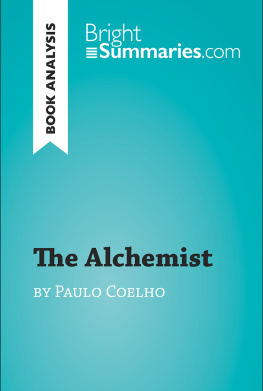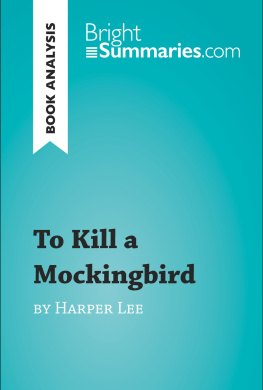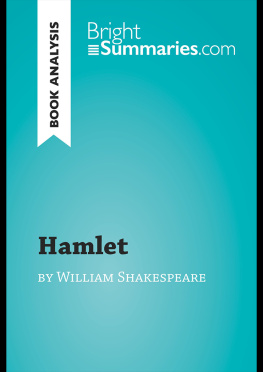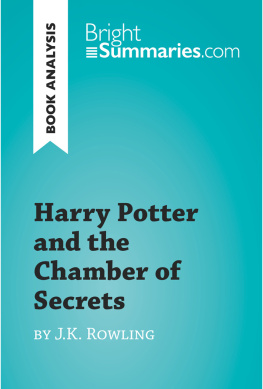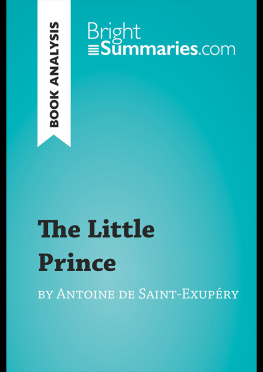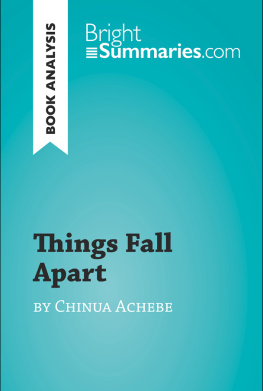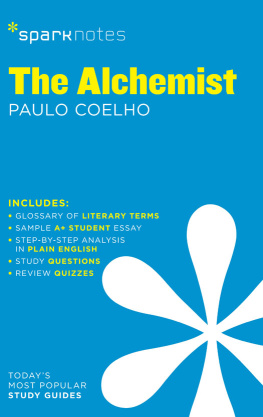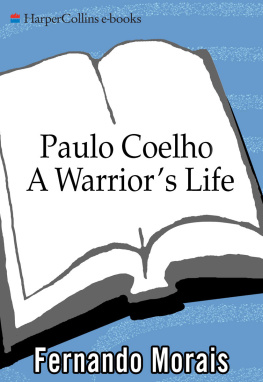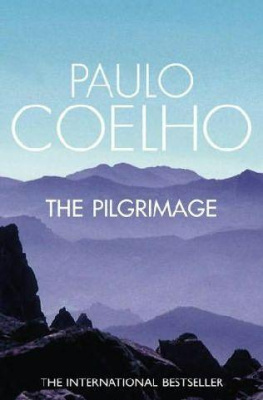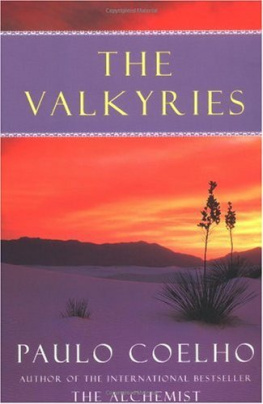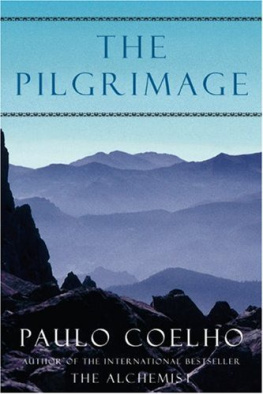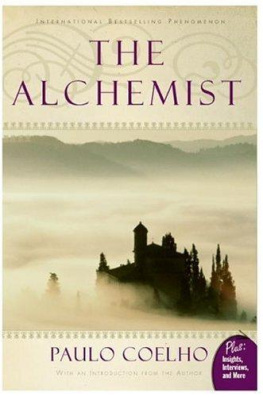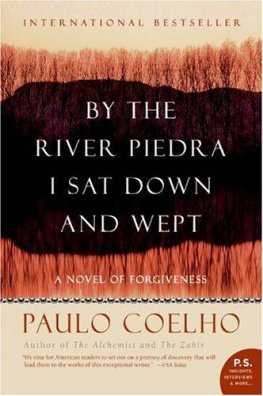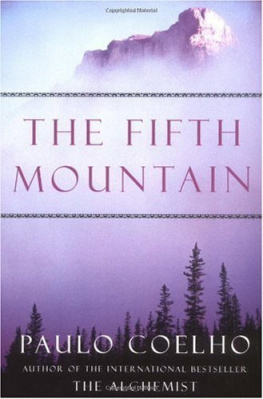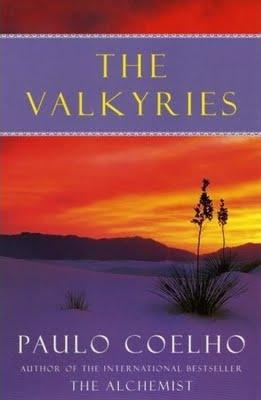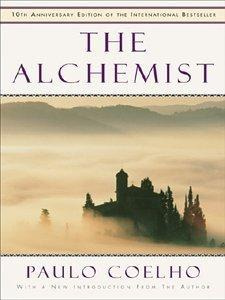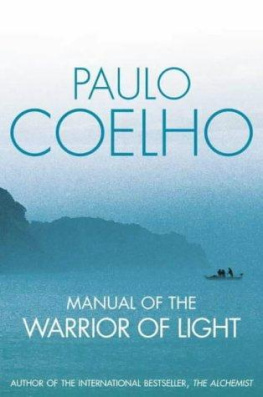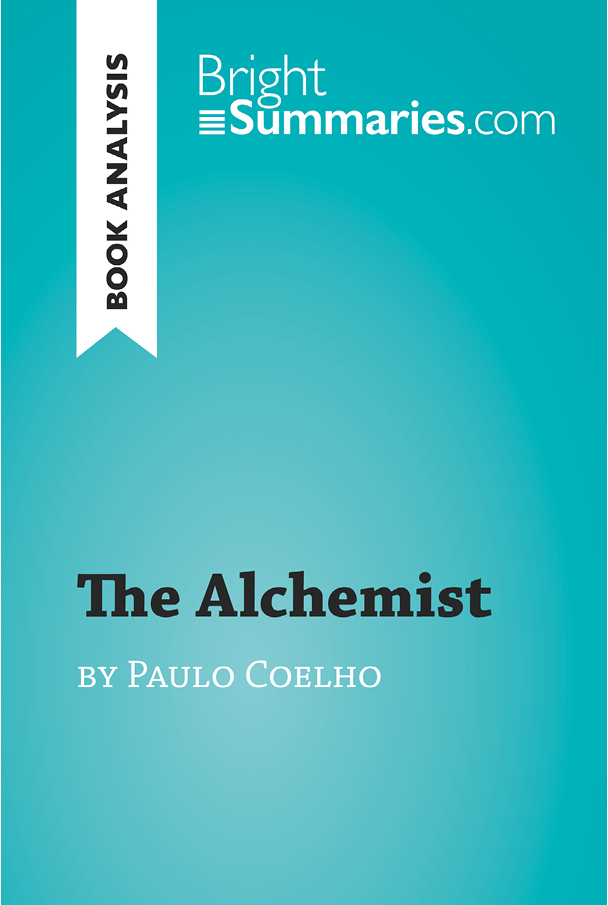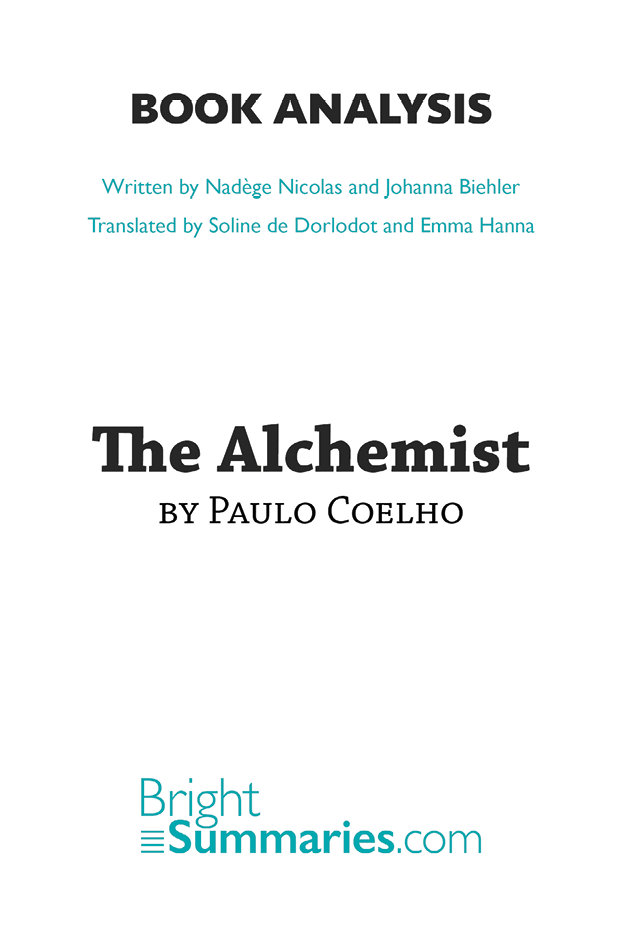Bright Summaries - The Alchemist by Paulo Coelho (Book Analysis): Detailed Summary, Analysis and Reading Guide
Here you can read online Bright Summaries - The Alchemist by Paulo Coelho (Book Analysis): Detailed Summary, Analysis and Reading Guide full text of the book (entire story) in english for free. Download pdf and epub, get meaning, cover and reviews about this ebook. year: 2015, publisher: BrightSummaries.com, genre: Detective and thriller. Description of the work, (preface) as well as reviews are available. Best literature library LitArk.com created for fans of good reading and offers a wide selection of genres:
Romance novel
Science fiction
Adventure
Detective
Science
History
Home and family
Prose
Art
Politics
Computer
Non-fiction
Religion
Business
Children
Humor
Choose a favorite category and find really read worthwhile books. Enjoy immersion in the world of imagination, feel the emotions of the characters or learn something new for yourself, make an fascinating discovery.
- Book:The Alchemist by Paulo Coelho (Book Analysis): Detailed Summary, Analysis and Reading Guide
- Author:
- Publisher:BrightSummaries.com
- Genre:
- Year:2015
- Rating:4 / 5
- Favourites:Add to favourites
- Your mark:
The Alchemist by Paulo Coelho (Book Analysis): Detailed Summary, Analysis and Reading Guide: summary, description and annotation
We offer to read an annotation, description, summary or preface (depends on what the author of the book "The Alchemist by Paulo Coelho (Book Analysis): Detailed Summary, Analysis and Reading Guide" wrote himself). If you haven't found the necessary information about the book — write in the comments, we will try to find it.
This engaging summary presents an analysis of The Alchemist by Paulo Coelho, a charming philosophical novel which tells the story of Santiago, a young shepherd who decides to leave his native Andalusia after he has a dream about treasure that lies buried at the foot of the Pyramids. His journey through the desert leads to encounters with mysterious characters such as a fortune-teller, a king and, most importantly of all, an alchemist who helps him understand the secrets of the universe and fulfil his destiny. The Alchemist is the best-known work by Paulo Coelho, a Brazilian author whose writing is known for its spiritual and esoteric themes. It has been translated into more than 50 languages, and a film adaptation has been planned.
Find out everything you need to know about The Alchemist in a fraction of the time!
This in-depth and informative reading guide brings you:
- Character studies
- Key themes and symbols
- Questions for further reflection
Why choose BrightSummaries.com?
Available in print and digital format, our publications are designed to accompany you in your reading journey. The clear and concise style makes for easy understanding, providing the perfect opportunity to improve your literary knowledge in no time.
See the very best of literature in a whole new light with BrightSummaries.com!
Bright Summaries: author's other books
Who wrote The Alchemist by Paulo Coelho (Book Analysis): Detailed Summary, Analysis and Reading Guide? Find out the surname, the name of the author of the book and a list of all author's works by series.

